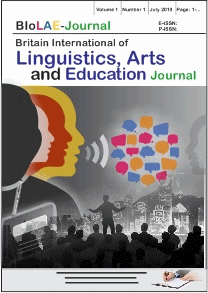Exploring the Role of Project-Based Learning in Fostering Critical Thinking Skills
Abstract
This study explores the role of teacher support, collaboration, and group discussions in enhancing students' critical thinking skills during project-based learning (PBL). Through qualitative analysis, the study examines students' perceptions of the additional support provided by teachers, suggestions for improving PBL to foster critical thinking, and the challenges faced during the project. Results indicate that teachers' involvement as facilitators is crucial for guiding students through complex tasks and ensuring they remain on track. Students reported a perceived improvement in their critical thinking skills, attributing it to the inquiry-based nature of PBL that encouraged deep engagement with the subject matter. However, several challenges emerged, including time constraints, difficulties with resource access, and issues related to group dynamics, such as coordination and leadership. Suggestions for improvement emphasized the need for clearer project guidelines, more diverse resources, and a structured approach to problem-solving. The study also highlights the essential role of teachers not just as instructors but as mentors, guiding students' learning while encouraging collaboration and communication within groups. Overall, PBL was found to foster high levels of student engagement, motivation, and active participation, contributing to the development of critical thinking. However, overcoming logistical and interpersonal challenges is essential to fully realizing the benefits of PBL in enhancing students' cognitive and collaborative skills.



_.gif)
















_.gif)












